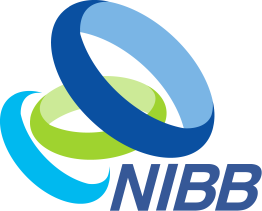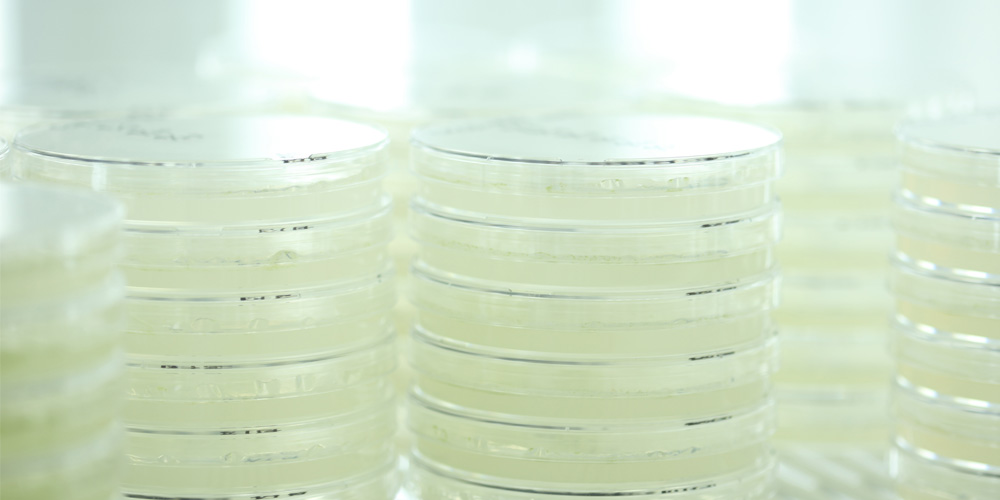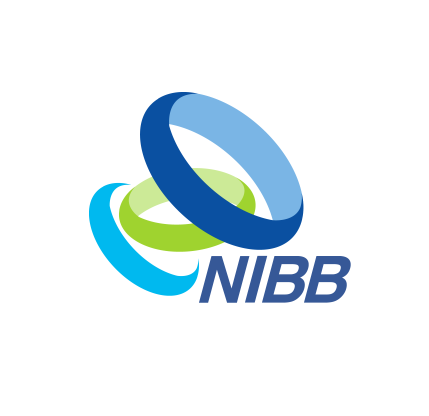DNA, often called the blueprint of life, is built from four chemical building blocks known as deoxy-nucleoside triphosphates (dNTPs)—dATP, dTTP, dGTP, and dCTP. Cells constantly need these molecules to duplicate their DNA during active proliferation. When the supply runs low, DNA replication slows or stops, halting cell proliferation.
To prevent this, researchers often add nucleosides(A, T, G, and C)—the precursors of dNTPs—to the cell culture medium. This treatment is known to help DNA replication proceed smoothly and has long been assumed to work simply by increasing the overall pool of dNTPs inside the cell. However, the exact mechanism behind this effect has remained unclear.
A research team led by Andrei Chabes (Umeå University, Sweden), in collaboration with labs of Tomomi Tsubouchi (National Institute for Basic Biology/Shizuoka University, Japan) and Erik Johansson (Umeå University, Sweden) has now uncovered a surprising answer. In their recent paper in Nucleic Acids Research, Pandey et al. report that the key effect of nucleoside supplementation is not a general boost in all DNA components—but a specific balancing act involving T (thymidine).
The researchers found that adding T helps cells counteract an inhibitory molecule, dUTP, a faulty DNA building block that can perturb DNA synthesis. Supplying T increases the correct molecule, dTTP, which prevents dUTP from interfering with DNA replication.
“We have routinely used nucleosides as a tool to accelerate replication, but we were uncertain what was really happening inside the cell,” said Dr. Kiminori Kurashima, one of the study’s authors. “It was satisfying to finally see the quantitative effects—and the results clearly showed that the long-held assumption was incorrect.”
To further test this idea, the team increased dUTP levels in cells and observed that DNA replication slowed down. Adding T restored normal replication speed. Even in a purified test-tube system, they confirmed that dUTP directly inhibits the enzyme responsible for copying DNA.
"For many years, the question of how nucleosides accelerate DNA replication remained out of reach simply because measuring dNTPs precisely is so difficult,” said Tomomi Tsubouchi. “Thanks to Praveen Pandey’s precise dNTP measurements in the Chabes laboratory and the Johansson lab’s reconstitution of DNA synthesis
in vitro, we were able to see how nucleoside supplementation can accelerate replication.
This study refines the long-standing view that nucleosides simply promote DNA replication by increasing the total pool of DNA building blocks. It shows that elevated dTTP—by limiting dUTP’s inhibitory effect at DNA polymerase—also plays a critical role in smooth, accurate replication.
___
Nucleic Acids Research
Decoding Nucleoside Supplementation: How Thymidine Outperforms Ribonucleosides in Accelerating Mammalian Replication Forks
Praveen Pandey, Kiminori Kurashima, Göran Bylund, Erik Johansson, Tomomi Tsubouchi and Andrei Chabes




